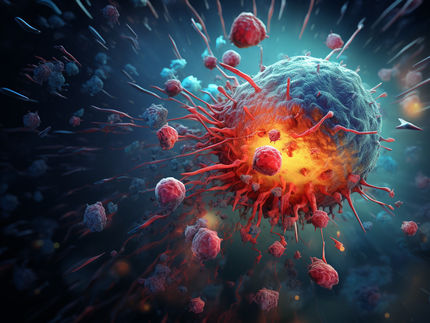Takeda's Anti-Prostate Cancer Agent Orteronel(TAK-700) Enters into Phase III Clinical Trials in Japan
Advertisement
The Takeda oncology Company (“Millennium”) announced that Takeda Bio Development Center Limited (“Takeda Bio”) has initiated enrollment of patients in Japan for the two ongoing global Phase III clinical trials for the anti-prostate cancer investigational agent, orteronel(TAK-700).
Orteronel, discovered by Takeda, is an oral, non-steroidal androgen synthesis inhibitor that has been shown in pre-clinical studies to selectively inhibit the 17, 20 lyase enzymes which are central to the production of steroidal androgens in the testes and adrenal glands.
The two trials are known as the ELM-PC (Evaluation of the Lyase inhibitor in Metastatic Prostate Cancer) trials. One of the trials (C21004) is a randomized, double-blind and multi-center trial of prednisolone plus orteronel or placebo in patients with chemotherapy-naïve metastatic castration-resistant prostate cancer (“mCRPC”). The primary endpoints are Overall Survival (“OS”) and Progression Free Survival (“PFS”). The second (C21005) is a randomized, double-blind and multi-center trial of prednisolone plus TAK-700 or placebo in patients with mCRPC that have progressed during or following docetaxel-based therapy. The primary endpoint is OS.
“We are very pleased with the initiation of the Phase III clinical trials of orteronel in Japan,” said Karen Ferrante, M.D., Chief Medical Officer, Millennium. “At present, mCRPC remains an incurable disease, and novel treatments are needed. We regard orteronel as one of our high-priority development programs, and will work to accelerate its development.”
“We expect orteronel has a potential to become a treatment option for prostate cancer with novel mechanism of action. We will strive to develop this drug as a new treatment to meet unmet medical needs,” said Hiroyasu Nakamura, President of Takeda Bio.
Most read news
Other news from the department research and development

Get the life science industry in your inbox
By submitting this form you agree that LUMITOS AG will send you the newsletter(s) selected above by email. Your data will not be passed on to third parties. Your data will be stored and processed in accordance with our data protection regulations. LUMITOS may contact you by email for the purpose of advertising or market and opinion surveys. You can revoke your consent at any time without giving reasons to LUMITOS AG, Ernst-Augustin-Str. 2, 12489 Berlin, Germany or by e-mail at revoke@lumitos.com with effect for the future. In addition, each email contains a link to unsubscribe from the corresponding newsletter.
























































